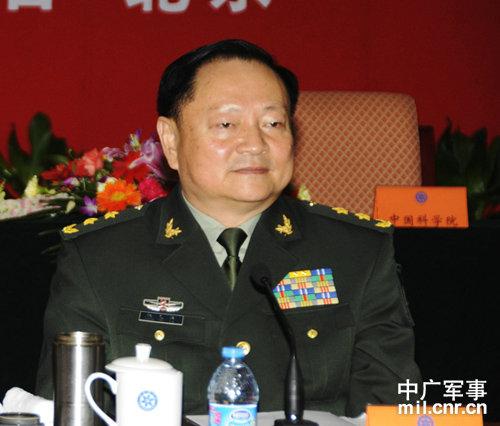Xi Jinping, leader of the Chinese regime since 2012, has done a lot to make sure the People’s Liberation Army—China’s Communist Party-controlled military forces—answers to him only. High-ranking officers have been purged, personnel will be cut, and a groundbreaking reform of the command structure is in the works.
Now, Xi and the Party leadership are deciding who to put into the 10-member Central Military Commission that commands the PLA, according to Chinese military sources cited by the South China Morning Post. As was the case with earlier Party leaders, Xi reserves the Commission’s position of chairman for himself, making him the commander-in-chief of the PLA.
The current round of decision-making is taking place as part of the Communist Party’s 5th plenary session of the 18th Party Congress, the sources said. Appointments made during this time are intended to be effective in the 2017-2022 period of Xi Jinping’s administration.
Among the likely candidates for vice chairman of the Central Military Commission is Gen. Zhang Youxia, known as one of Xi Jinping’s most loyal. The 65-year-old, who currently heads the PLA’s general armaments department, served in the Sino-Vietnamese War in 1979, making him him one of the few high-ranking Chinese military officers with experience in an armed conflict.





